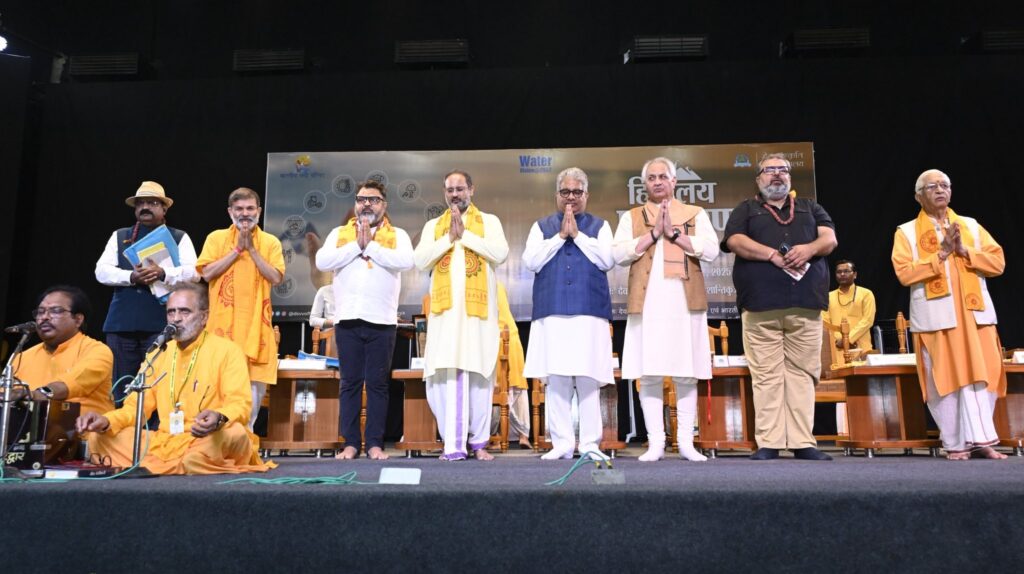
At Dev Sanskriti Vishwavidyalaya, Haridwar, the joint initiative of Dev Sanskriti University and the All World Gayatri Pariwar, Water Vision@2047: Himalayan Environmental Dialogue brought together policymakers, environmentalists, and thought leaders to reaffirm the urgent need for sustainable coexistence with nature. Rooted in the teachings of Pt. Shriram Sharma Acharya, the event emphasized that the preservation of the Himalayas and water resources is not merely an environmental issue, but a moral and cultural responsibility for humanity’s future.
“If humanity fails to preserve nature, it will endanger its own future. Nature is our mother, and it is our duty not to exploit but to nurture her,” said Pt. Shriram Sharma Acharya. Inspired by this guiding philosophy, the Himalayan Environmental Dialogue under Water Vision@2047 was inaugurated at Dev Sanskriti Vishwavidyalaya with the blessings of All World Gayatri Pariwar.
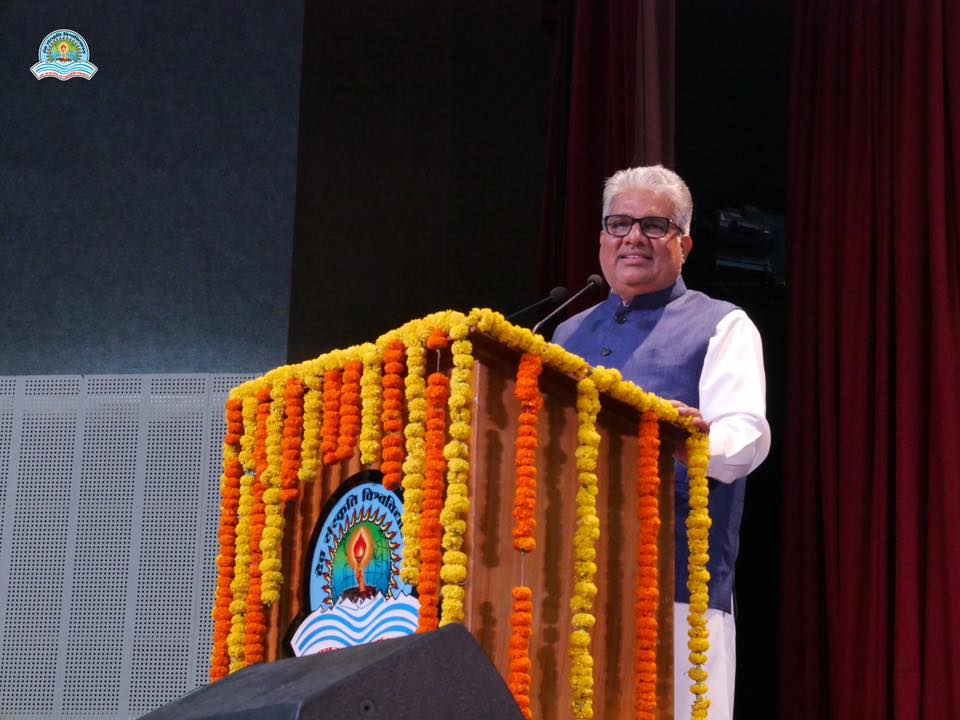
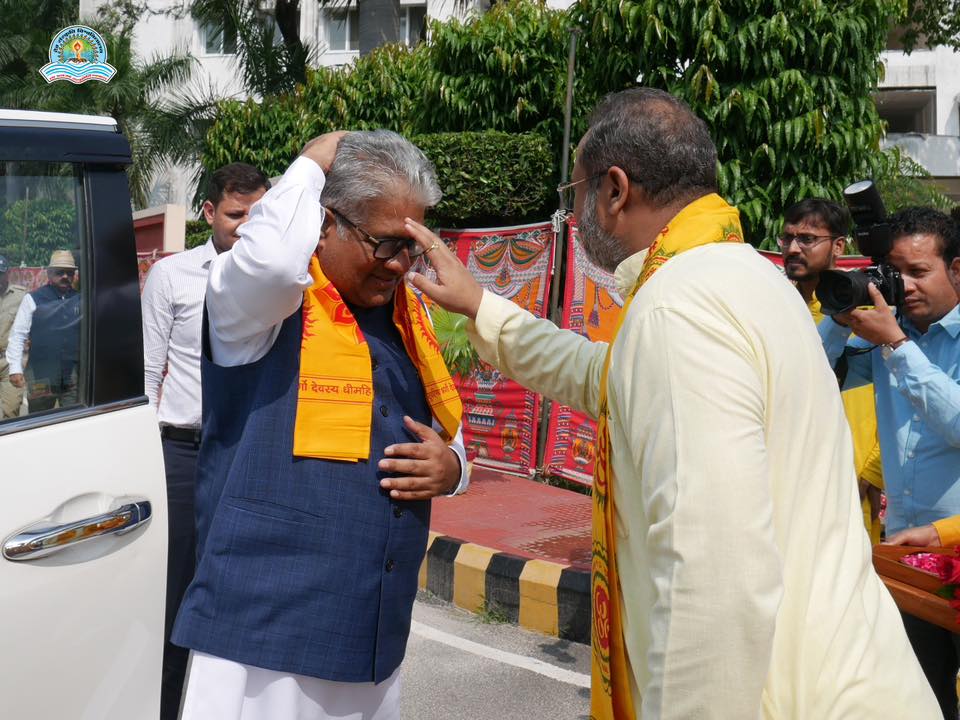
The event began with a warm welcome by Dr. Chinmay Pandya, Pro-Vice Chancellor of Dev Sanskriti University, and Vice Chancellor Shri Sharad Pardhi, who honored the distinguished guests with floral tributes.
In his presidential address, Dr. Chinmay Pandya reminded participants that “living in harmony with nature is the only guarantee of a brighter future for humanity. Preserving the Himalayas and water is the most crucial step toward sustainable development.”
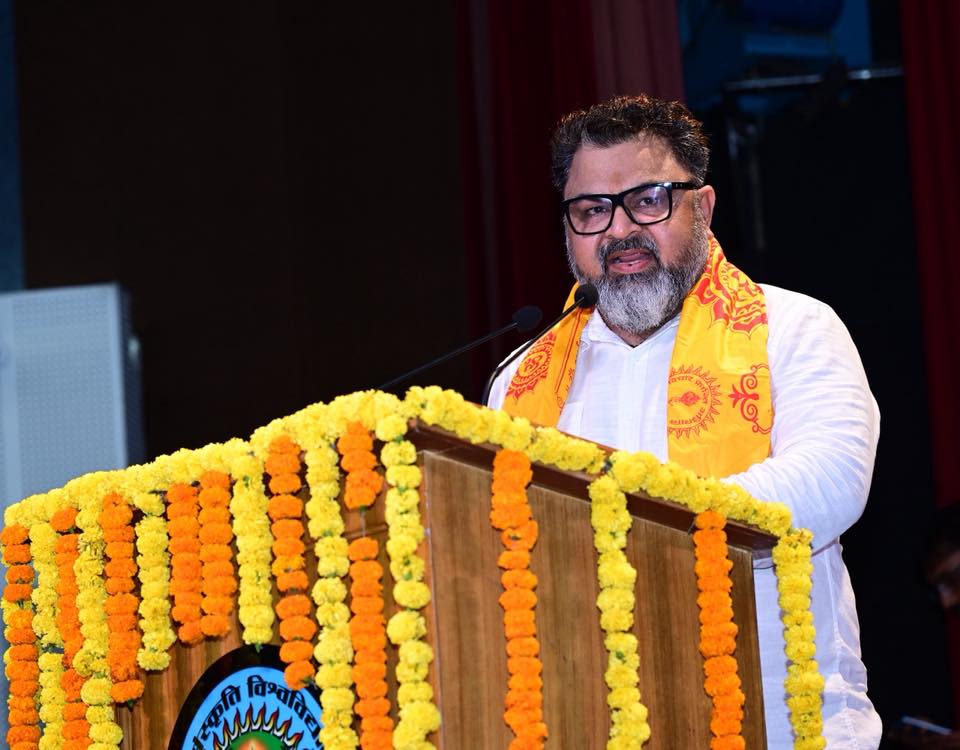
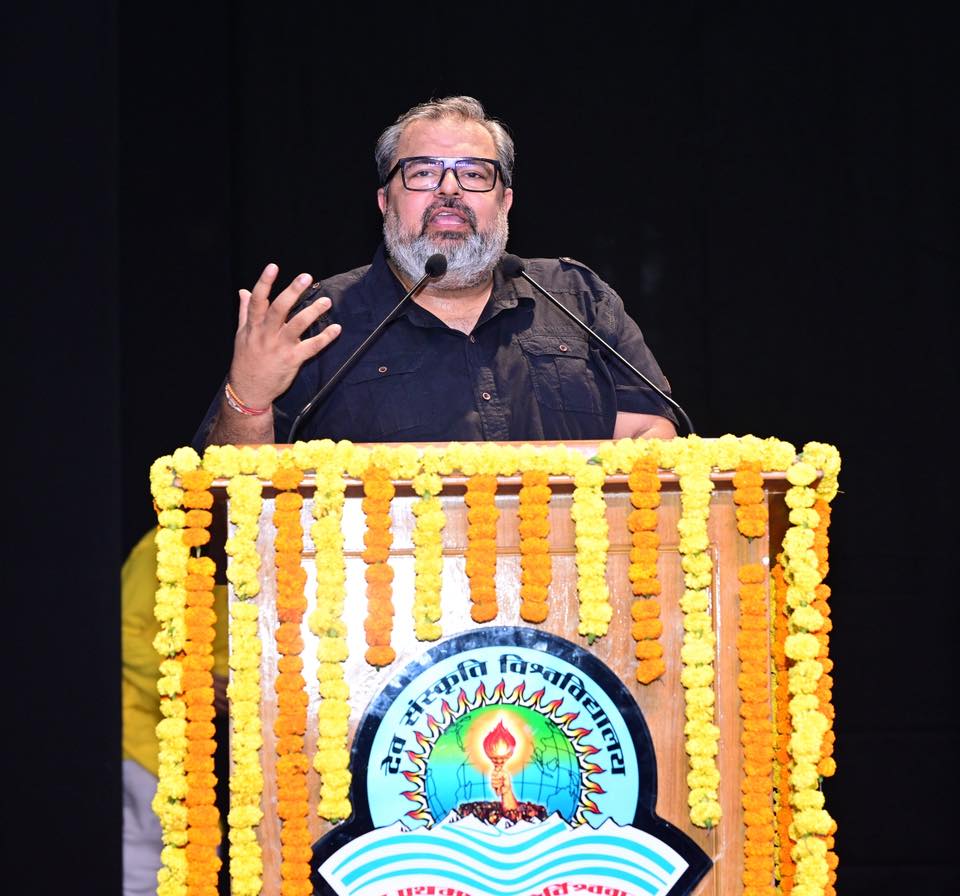
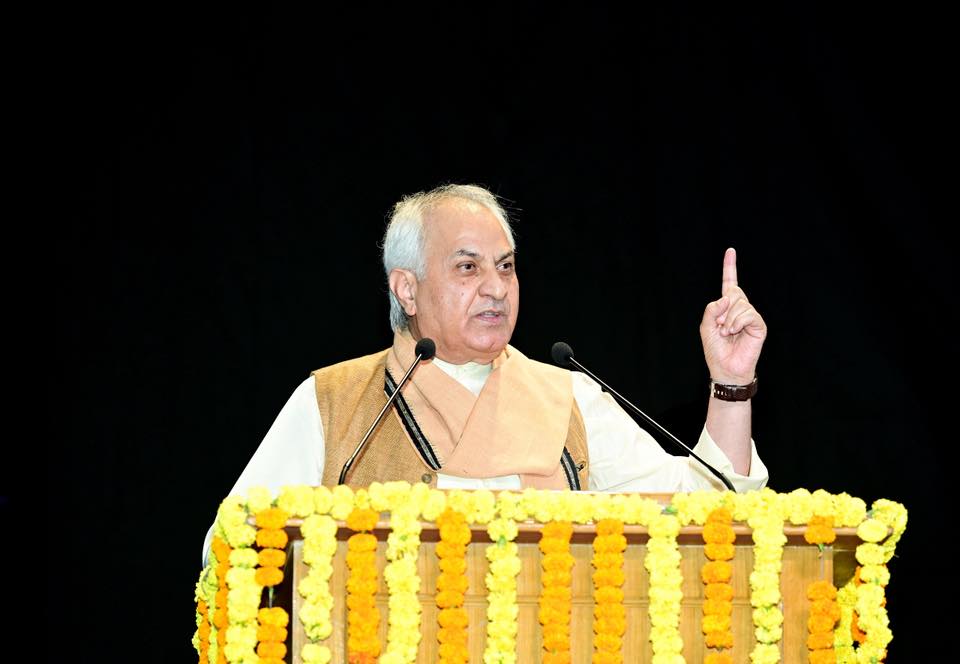
Union Minister for Environment, Forest, and Climate Change, Shri Bhupender Yadav, underlined the centrality of the Himalayas to human survival. “The Himalayas are not just mountains; they are the foundation of life. Protecting them is a collective responsibility of all humanity,” he said.
Adding a legal perspective, Dr. Afroz Ahmad, Hon’ble Judge of the National Green Tribunal, stated, “Environmental justice can only be ensured when policy and practice work hand in hand.”
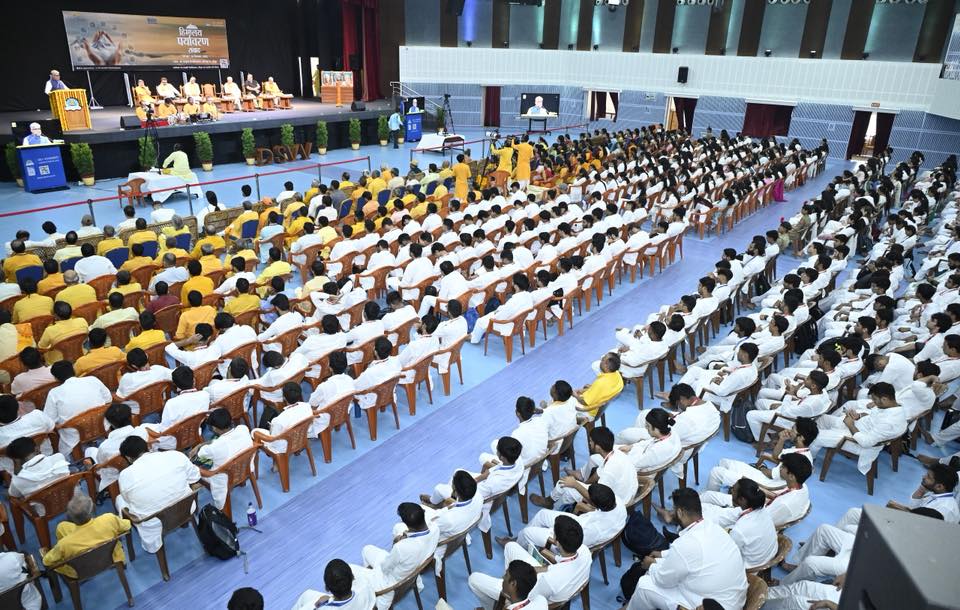
Highlighting the cultural dimension, Shri Manu Gaur, member of the National Advisory Committee, stressed, “The protection of rivers is fundamental to safeguarding Indian culture and civilization. Water conservation is a matter of our very existence.”
Shri Raman Kant, President of the Indian River Council, emphasized, “India’s history and spiritual traditions are deeply intertwined with rivers and nature. Their preservation must be ingrained in our values and way of life.”
Ahead of the main dialogue, the university hosted a series of student competitions and activities, recognizing participants with certificates of appreciation. A notable highlight was the launch of a special coffee table book documenting the 4,225 trees flourishing on the university campus—an enduring testament to its green initiatives.
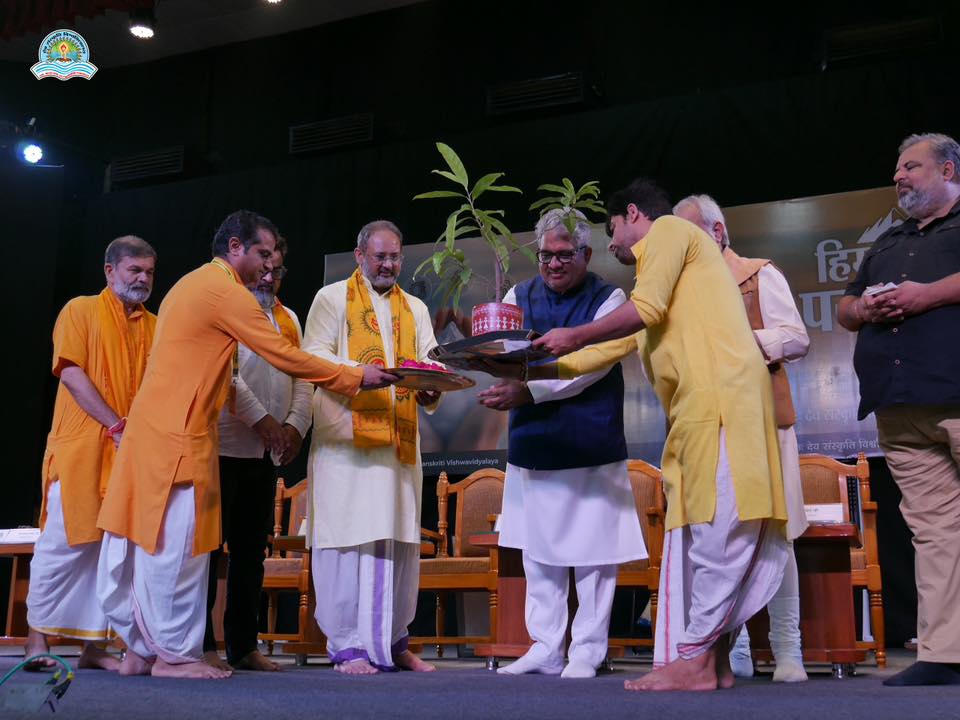
The event concluded with a traditional Vedic Vriksha Pujan (tree worship), followed by a symbolic tree plantation led by Shri Bhupender Yadav. This sacred gesture gave the dialogue a meaningful conclusion, reaffirming the shared commitment to protect the environment for future generations.
The Water Vision@2047: Himalayan Dialogue was not merely a seminar but a collective call to action. It reminded us that the Himalayas, rivers, and forests are not distant ecological issues but intrinsic to our survival, culture, and spirituality. As India moves towards 2047, the centenary of its independence, such initiatives set the tone for a future rooted in ecological balance, sustainability, and reverence for Mother Nature.
Source: DSVV
